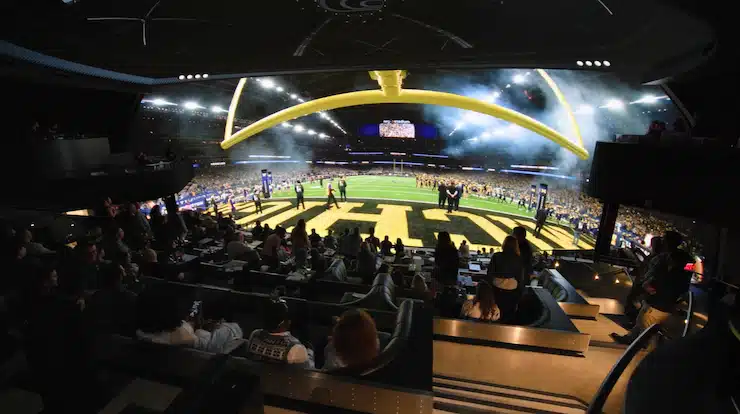Planning a virtual event can be overwhelming, especially if you’re a newbie. Oftentimes when clients first call us, they are unsure where to start. This is completely normal because, let’s face it, virtual and hybrid events are still a relatively new concept for most event planners.
Whether you meet with Vidionix or another virtual event production company, there are some questions you’re going to want to address prior to your first meeting. In this post, we’ll share some of our recommendations to help prepare you for the process.
1) What is the purpose of the virtual event?
While this may sound obvious to some, it’s crucial to define this before anything else. Is your goal to train the attendees or are you collecting leads? Why are you asking people to take the time of day to attend your event? Get with the stakeholders to define this before moving on to the next question.
2) What parts of the virtual event are stressing you out the most?
Planning a virtual event can be overwhelming because oftentimes, you don’t know what you don’t know. Are you anxious about the technology? How will attendees register? How will presenters know how to present? Compiling a list of questions and concerns before you meet with a production company will help ease your concerns.
3) What is your budget for producing a virtual event?
Virtual events open up an entire new world of possibilities but having a defined budget before you meet with a production company will allow you to know what’s possible within your budget parameters. Here are a few things to consider that will most likely impact your overall price.
How many attendees do you anticipate joining?
Most virtual production companies charge per attendee, so having a ballpark idea of how many attendees will join your virtual event will be helpful.
Will you need breakout sessions or small meeting rooms?
While this is certainly doable, it adds another layer to the production and will most likely impact the overall cost.
How many days will the virtual event last?
Longer events mean more labor is required to produce the event.
How many live video sessions will there be per day?
Streaming video from presenter webcams, a studio setting or from various parts of the live event will increase the feeling of actually being there and thus the cost.
4) Who are your attendee personas?
Who are the attendees? What are their jobs? What are their interests? Knowing exactly who you’re trying to attract will be extremely helpful during the initial planning stages.
5) Who will be presenting and what kind of content will they be presenting?
You’ll want to be able to walk the production company through all the people who are presenting and what format they’ll use to present. Will there be slides? Video?
6) Will this be an “evergreen” event?
Evergreen events are accessible all year round, even after the live portion has concluded. They allow attendees to come back and re-watch sessions they may have missed, interact with sponsor booths to make sales inquiries and as place to continuously network with other attendees. If you record the whole thing and then make it available on your website and social media channels, people will keep coming back to it if they didn’t attend when it was happening. Determine if this would be of interest to you before your initial meeting.


